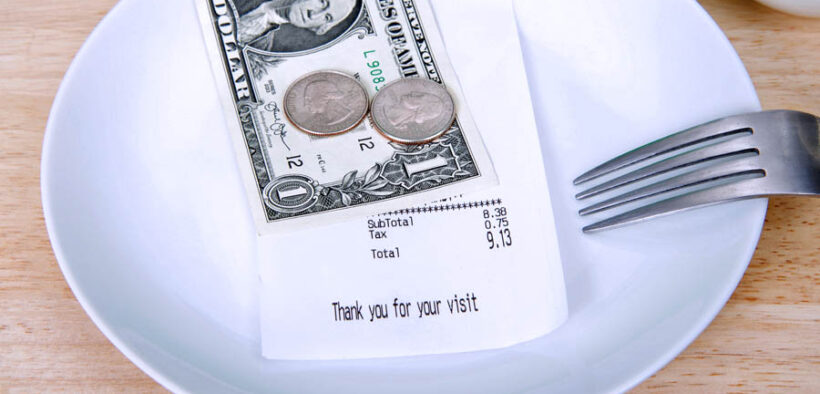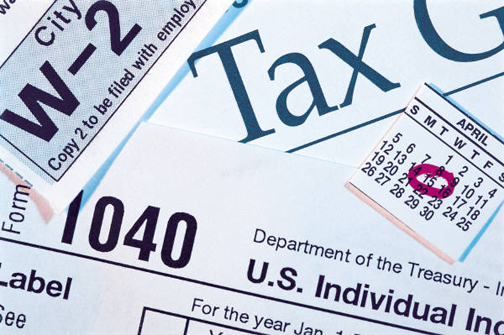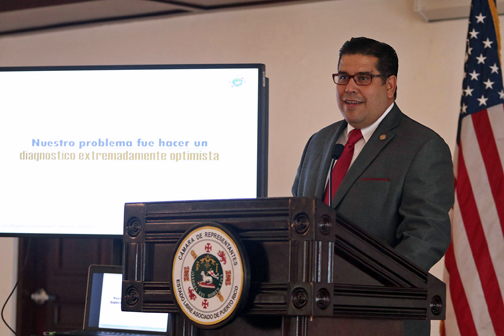Puerto Rico still taxes tips despite US exemption plan

The U.S. Treasury Department has proposed regulations to implement a new federal law that exempts certain tips from income tax, giving millions of stateside service industry employees a potential boost in take-home pay.
Puerto Rico, however, has not moved to adopt a similar exemption, leaving tips taxable under local law.
Some 2.2 million Americans worked as wait staff in 2022, according to the U.S. Labor Department, many relying on tips as a significant part of their income.
The One Big Beautiful Bill Act, signed into law on July 4, includes a “No Tax on Tips” provision that allows eligible service workers to deduct as much as $25,000 of qualified tips from taxable income for tax years 2025 through 2028, according to the IRS.
The Treasury proposed regulations clarifying how the exemption would apply. The draft rules define “qualified tips” as cash tips in occupations that “customarily and regularly” received gratuities as of Dec. 31, 2024. They must be voluntary, not subject to negotiation and properly reported to employers and the IRS.
Tips from mandatory service charges or automatic gratuities would not count unless the customer clearly has the option to refuse or change the charge. The proposal also keeps in place the $25,000 annual cap and phases out the deduction for higher-income earners. The regulation is open for public comment before being finalized.
In Puerto Rico, the Treasury Department continues to classify salaries, commissions, allowances and tips as taxable income. The 2024 individual return instructions specify that tips remain subject to withholding and reporting requirements. Puerto Rico’s Treasury Department, known as Hacienda, did not immediately respond to requests for comment on the disparity.
As a result, waiters, bartenders and other tipped employees on the island will not see the same relief being implemented in Washington unless lawmakers or Hacienda act to amend the tax code.
Recent legislative activity in Puerto Rico has addressed tips, but in the context of consumer protections rather than tax relief. Senate Bill 675, introduced this year, seeks to prohibit credit card processors and retailers from charging fees on the island’s sales and use tax (IVU, in Spanish), tips and donations. Another measure, Senate Bill 235, would clarify that automatic gratuities must be calculated excluding taxes. Neither bill deals with income taxation.
Legal analyses, including one from law firm DLA Piper, note that Puerto Rico’s tax code does not automatically adopt federal changes, meaning any exemption for tips would require local legislation or action by Hacienda.
The divergence underscores Puerto Rico’s unique tax status. Because most bona fide residents do not pay U.S. federal income taxes on Puerto Rico-sourced wages, federal exemptions do not apply locally.










